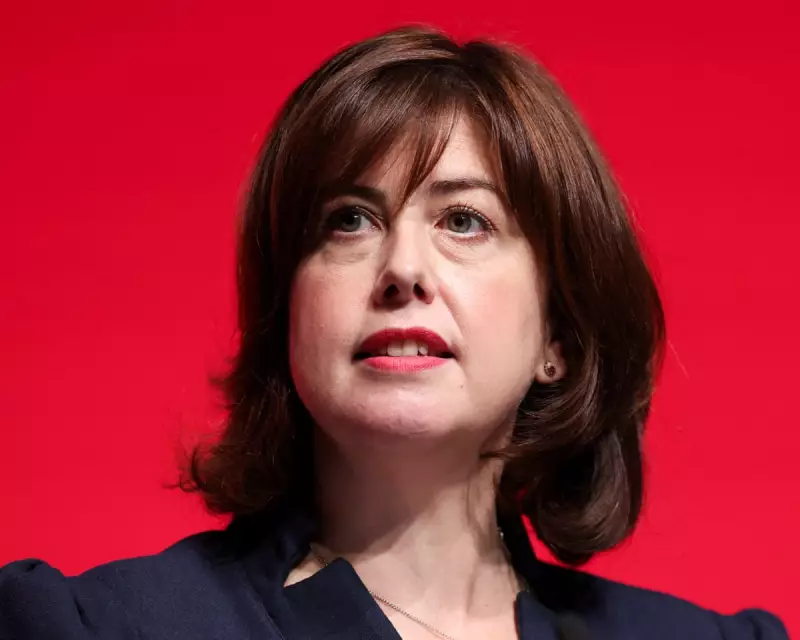
In a bold move that could reshape Labour's economic strategy, Shadow Minister Lucy Powell has called on her party to strongly consider a substantial increase in taxes on the gambling industry. The proposed revenue would be used to fund the abolition of the contentious two-child limit on benefits—a policy widely criticised for pushing families into poverty.
The controversial cap, introduced by a previous Conservative government, restricts child tax credits and Universal Credit to the first two children in a family, with limited exceptions. Powell argues that a "fairer levy" on the profitable gambling sector presents a viable and morally justified path to scrapping this measure.
A Strategic Funding Solution
Powell's proposal directly tackles one of the party's key dilemmas: how to finance ambitious social security reforms while maintaining fiscal responsibility. By targeting the gambling industry, the plan seeks to generate significant funds without placing additional burdens on general taxpayers or straining public finances.
"This is about making choices that reflect our values," Powell stated, framing the debate around fiscal fairness and social justice. The gambling sector, she suggests, can better absorb the financial impact than struggling families currently affected by the benefit cap.
Aligning with Labour's Core Mission
The initiative is seen as an effort to address child poverty head-on, a central tenet of the Labour Party's mission. Scrapping the two-child limit is a priority for many backbenchers and campaigners who argue the policy has devastating consequences for low-income households.
Powell's intervention is likely to spark intense discussion within the party's top ranks as it finalises its manifesto commitments. The plan offers a concrete mechanism to achieve a popular policy goal, potentially bridging the gap between the party's progressive wing and its focus on economic credibility.
The coming weeks will reveal whether this proposal gains traction and becomes a cornerstone of Labour's offer to the electorate, signalling a significant shift in both social and fiscal policy.






